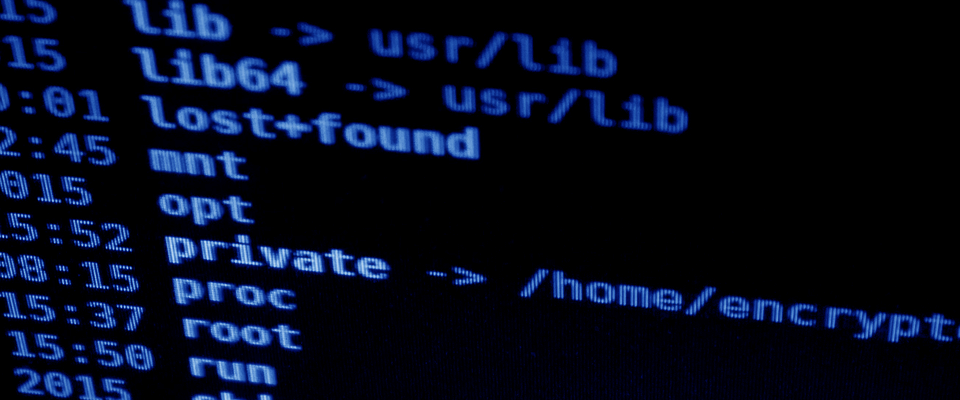UPDATE: For an update on the housing allowance ruling click here.
by Richard Hammar, J.D., LL.M., CPA
On November 22, 2013, federal district court judge Barbara Crabb of the District Court for the Western District Court of Wisconsin (a President Carter appointee) struck down the ministerial housing allowance as an unconstitutional preference for religion. The ruling was in response to a lawsuit brought by the Freedom From Religion Foundation (FFRF) challenging the constitutionality of the housing allowance and the parsonage exclusion.
Here are five things to note about this ruling.
First, the ministerial housing allowance is set forth in section 107(2) of the federal tax code. This section exempts from federal income taxation that portion of a minister’s compensation that is designated in advance by an employing church as a housing allowance to the extent that it is used for housing expenses and does not exceed the home’s fair rental value. Section 107(1) exempts from income taxation the rental value of a parsonage provided by a church to a minister as compensation for ministerial services. While FFRF challenged the constitutionality of both sections, it ultimately narrowed its challenge to section 107(2), meaning that the parsonage exclusion remains intact, at least for now.
Second, the court concluded that the housing allowance under section 107(2) is an unconstitutional preference for religion since the same benefit is not provided to other taxpayers. The court relied on a 1989 decision by the United States Supreme Court in which the Court ruled that a Texas statute exempting from the state sales tax periodicals and books “published or distributed by a religious faith” was an unconstitutional preference for religion. The Supreme Court concluded that tax exemptions that include religious organizations “must have an overarching secular purpose that equally benefits similarly situated nonreligious organizations.” To illustrate, the exemption of church property from taxation is constitutionally permissible because state laws exempt a wide range of non-religious properties from taxation. In contrast, the housing allowance applies only to ministers.
The Wisconsin court conceded that there are other provisions in the tax code that recognize housing allowances, and it referred specifically to state department employees and the military. But, “it is not enough to point to a small number of secular groups that could receive a similar exemption for a different reason.”
Third, the court enjoined the IRS and Department of the Treasury from enforcing section 107(2). But it added that its ruling “shall take effect at the conclusion of any appeals . . . or the expiration of the deadline for filing an appeal, whichever is later.” An appeal by the IRS and Department of the Treasury would be to the Seventh Circuit Court of Appeals in Chicago, and could take up to a year to resolve.
Fourth, a ruling by a federal district court judge in Wisconsin is not binding on other courts, and does not apply to minsters in other states. If the ruling is appealed and affirmed by the Seventh Circuit Court of Appeals, it will apply to ministers in that circuit (Illinois, Indiana, and Wisconsin). It would become a national precedent binding on ministers in all states only if affirmed by the United States Supreme Court (an unlikely outcome). As a result, churches should continue to designate housing allowances for ministerial employees for 2014, and church pension plans should continue to designate housing allowances for retired ministers. Such allowances will continue to be valid in all states outside of the Seventh Circuit (Illinois, Indiana, and Wisconsin), and to ministers in the Seventh Circuit so long as the district court’s ruling is reversed on appeal, or the appeals court does not render an opinion in 2014. However, if the appeals court affirms the district court’s decision in 2014, or if no appeal is pursued, then a housing allowance for ministers in Illinois, Indiana, and Wisconsin may be partially or wholly lost. Ministers in these states should address the continuing availability of the housing allowance with a tax professional.
Fifth, the financial impact of this ruling will be significant, especially for ministers who purchased homes in reliance on the continuing availability of the housing allowance. This impact would be mitigated if Congress eliminates the treatment of ministers as self-employed for Social Security. Most ministers are employees for income tax reporting, but the tax code treats all of them as self-employed for Social Security. This is sometimes referred to as the “dual tax status” of ministers. The financial impact can be significant, since self-employed persons pay the “self-employment tax” which is 15.3 percent of net earnings, while employees and employers split the Social Security and Medicare (FICA) tax rate of 15.3 percent, with each paying 7.65 percent. There is little Congress can do to overturn a federal district court’s interpretation of the Constitution, but it can materially reduce the financial impact of the district court’s ruling on ministers, which in many cases will be substantial, by revoking their mandatory self-employed status for Social Security.
Dr. Richard Hammar
Legal Counsel, The General Council of the Assemblies of God



